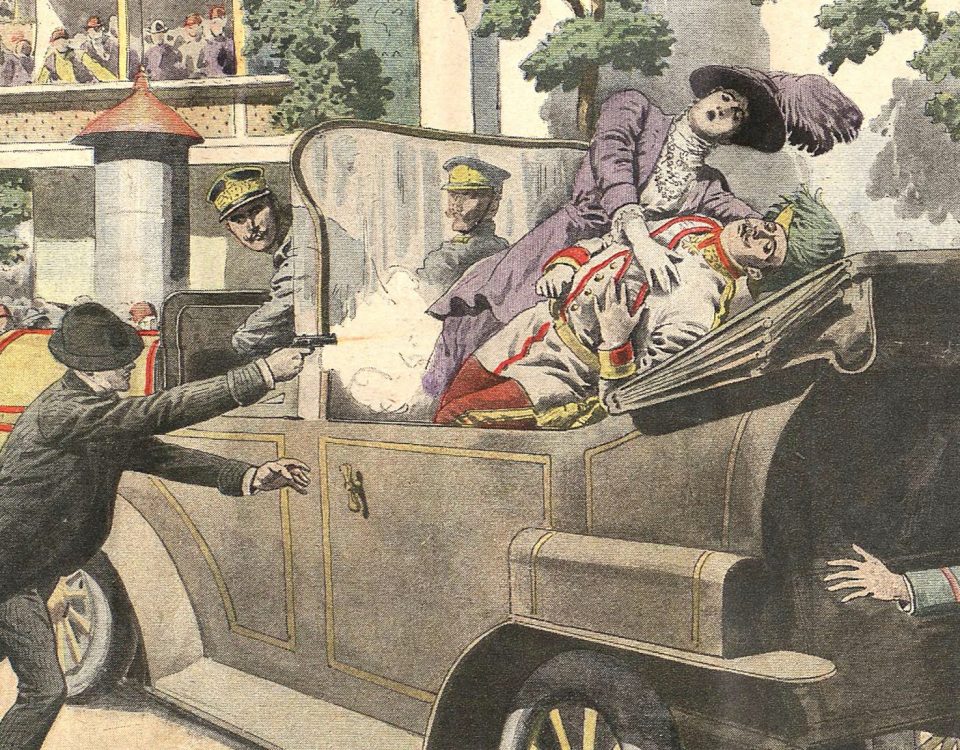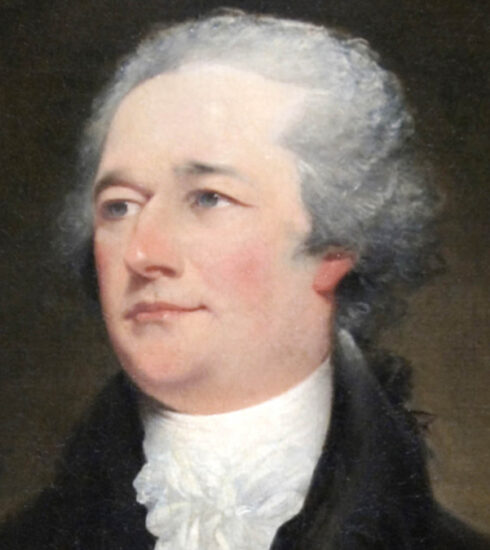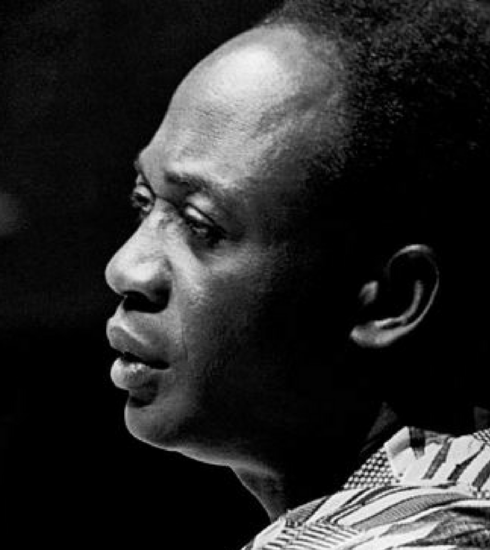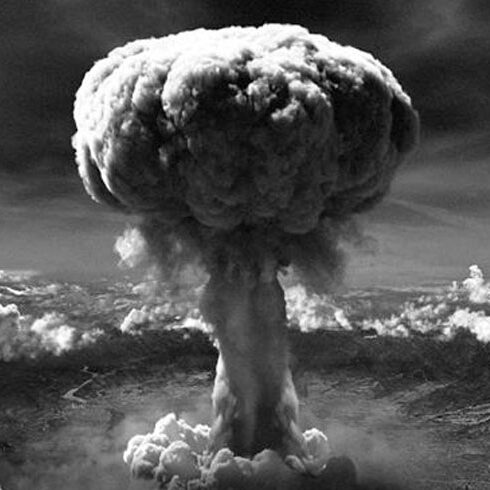World War I: Today in History, Assassination of Archduke of Austro-Hungary
Today in History: Assassination of Archduke of Austro-Hungary sparks World War I
World War I resulted in the deaths of some 20million military and civilian population. The deaths of these 20million souls began with only one assassination.
By 1910, the German empire which had gained prominence in Europe began to go toe-to-toe with the existing powers of Britain, France and Russia; known as the Triple Entente.
Tensions grew between Germany’s Triple Alliance which included Austria-Hungary and Italy, and the existing Triple Entente.
The Assassination–World War I
It happened on June 28th 1914. A Slav Nationalist, a boy named Gavrilo Pricip shot and killed the Archduke of Austro-Hungary Franz Ferdinand, the presumptive heir to the throne.
The assassination was in pursuit of independence for Bosnia and Herzegovina.
Austria-Hungary blamed Serbia, its Balkan rival for aiding the assassin and demanded humiliating concessions during the month-long attempts at diplomacy. These were expectedly rejected and Austria-Hungary declared war.
Within hours of the declaration, Austria-Hungary began shelling Serbia.
Russia mobilized and came to the defense of Serbia. Germany who has long been suspicious of the Triple Entente saw a big war as inevitable. They declared war on Russia in pursuit of its alliance with Austria-Hungary.
War with Russia meant war with its ally France so Germany declares war on France. UK, Italy and the USA initially stayed out of the conflict. But when Germany invades neutral Belgium to launch an attack France, Britain declared war on Germany.
Italy would later switch sides to join the Triple Entente. They formed the Allied Powers which USA later joins. This led to German and the Central Powers defeat, culminated by the Treaty of Versailles.
Read: Coup d’états in Africa: The politician vs the soldier
Source - Oswald Azumah







